Wikileaks Founder Julian Assange Granted Limited Right To Appeal US Extradition
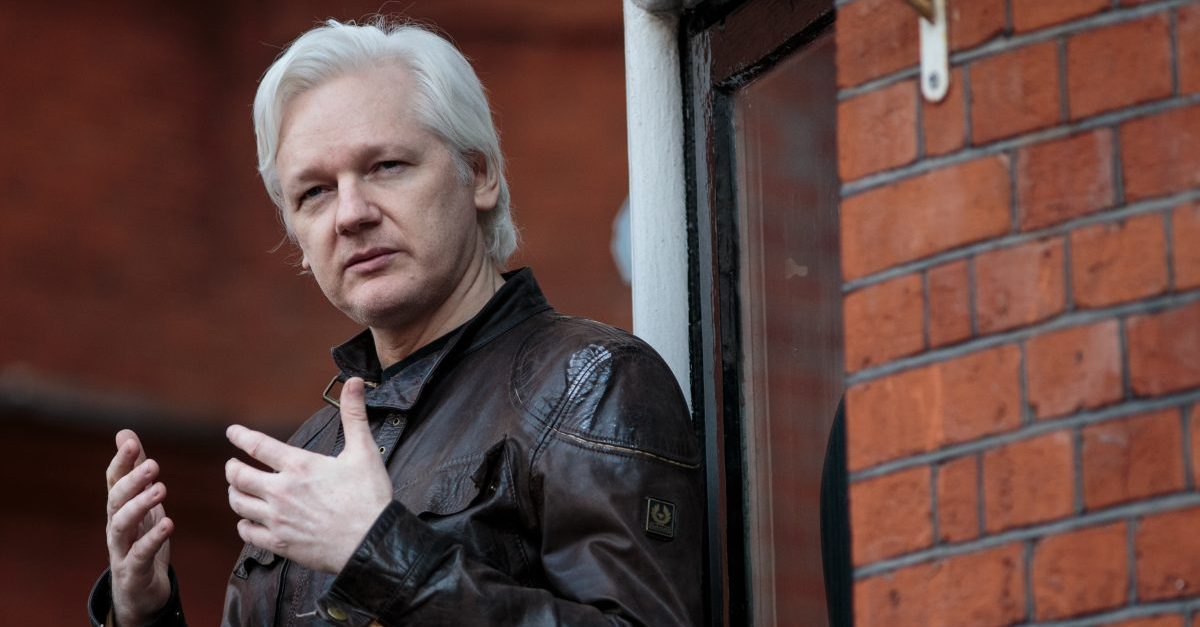
High Court judges in London ruled that Assange could appeal extradition if the US could not make certain assurances. (Julian Assange via Jack Taylor/Getty Images)
WikiLeaks founder Julian Assange won a temporary reprieve from extradition to the United States on Tuesday, as the High Court ruled he could appeal against the decision if U.S. prosecutors cannot provide “satisfactory assurances.”
High Court judges found extradition would be unlawful without U.S. assurance that, if extradited and tried in the States, Assange would not face the death penalty and can rely on First Amendment protections.
The ruling said that to the U.S. must agree that Assange can “rely on the First Amendment to the United States Constitution (which protects free speech), that he is not prejudiced at trial (including sentence) by reason of his nationality, that he is afforded the same First Amendment protections as a United States citizen and that the death penalty is not imposed.”
The U.S. must provide proof of these assurances will be met within three weeks, by April 16. A further hearing is set for May 20 to give a final judgement on Assange’s right to appeal.
Assange faces severe charges under US law, including 17 counts of espionage, related to the publication of classified materials leaked by whistleblower Chelsea Manning that exposed US military actions in Iraq and Afghanistan. The US claims that Assange encouraged and helped Manning obtain illegal materials, in part by offering to help her guess a password. Manning’s sentence was commuted by former President Barack Obama at the end of his term in office.
The Wikileaks founder’s legal team is poised to argue that his extradition would contravene his human rights, including the right to free speech, and effectively punish him for political opinions. The court dismissed this portion of Assange’s argument and focused instead on the potential of a death sentence. The U.S. insists Assange’s actions endangered lives, framing his indictment as a matter of criminality rather than political expression.
New: The Mediaite One-Sheet "Newsletter of Newsletters"
Your daily summary and analysis of what the many, many media newsletters are saying and reporting. Subscribe now!
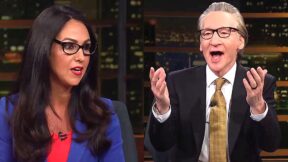
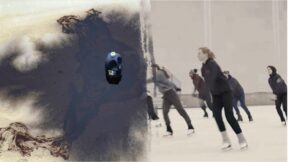
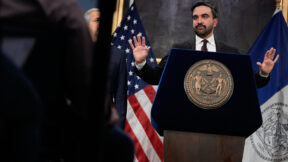
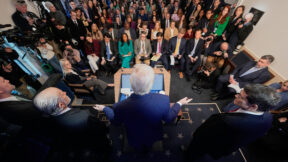


Comments
↓ Scroll down for comments ↓